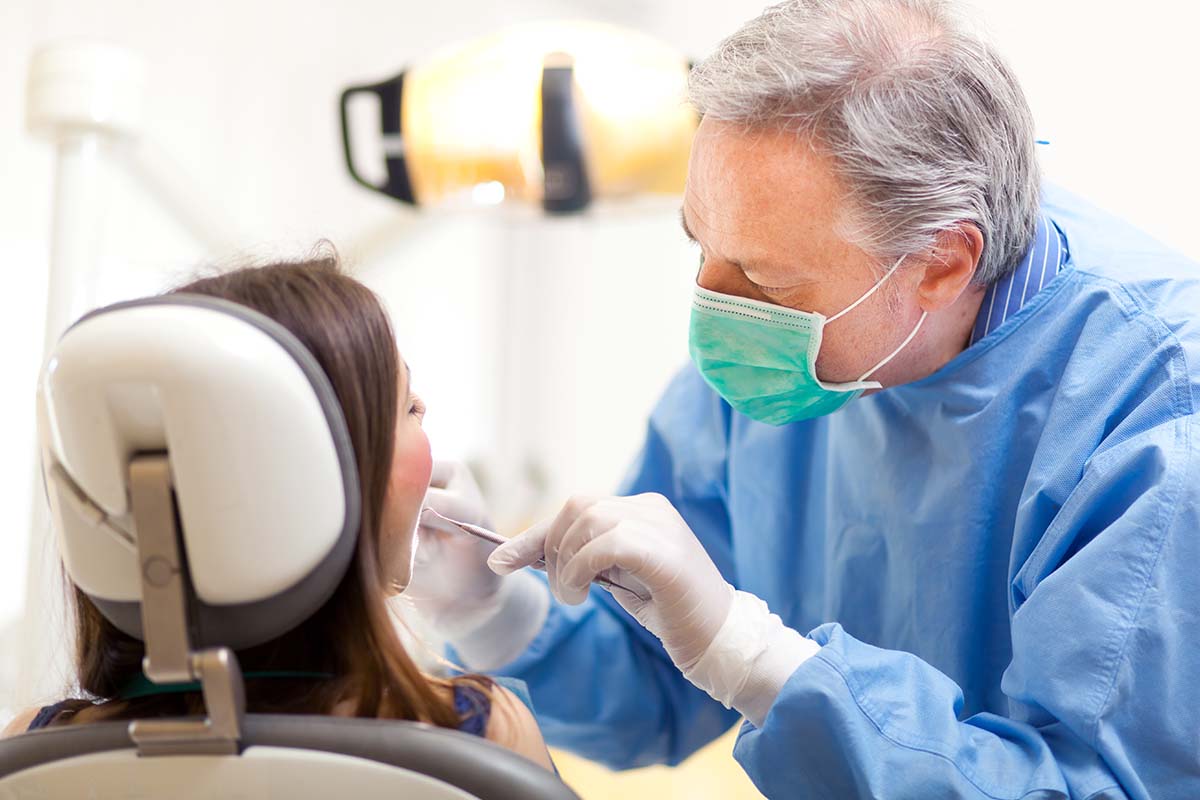

Preventive Care
Preventive care in dentistry is essential for maintaining long-term oral health and minimizing the need for costly and painful treatments down the line. The focus of preventive care is to address potential issues before they become significant problems. By regularly visiting your dentist, you can ensure that any early signs of tooth decay, gum disease, or other oral health issues are detected and treated promptly. Preventive care services typically include routine check-ups, professional cleanings, fluoride treatments, and comprehensive patient education to empower individuals to maintain optimal oral hygiene at home.
Regular check-ups and cleanings are the foundation of preventive care. During a check-up, the dentist examines your teeth and gums for signs of decay, infection, or other conditions that may require attention. A cleaning removes plaque and tartar that accumulate on the teeth, helping to prevent gum disease and cavities. In addition, fluoride treatments can provide extra protection to the enamel, making it more resistant to decay. By consistently following preventive care measures, patients can enjoy healthier teeth, fewer dental emergencies, and a more confident smile.
Preventive Dentistry Services
Routine Check-ups
Regular dental check-ups are essential for maintaining oral health and preventing major dental issues. During these visits, your dentist will perform a thorough examination of your teeth, gums, and mouth to detect any signs of decay, gum disease, or other potential concerns. Early detection of problems like cavities or infections allows for quicker, more affordable treatment and helps avoid the need for more invasive procedures in the future.
Professional Cleanings (Scaling and Polishing)
Professional cleanings are crucial for removing plaque and tartar buildup that cannot be eliminated through regular brushing and flossing alone. Tartar, also known as calculus, can lead to gum disease and cavities if not removed. During a cleaning, the dental hygienist will use specialized tools to clean your teeth, polishing them to remove surface stains and provide a smooth, shiny finish. Cleanings also help to prevent gum disease and ensure that your teeth remain healthy and free from the harmful effects of plaque buildup.
Fluoride Treatments
Fluoride treatments are a simple yet effective preventive measure to protect the enamel of your teeth from decay. Fluoride helps to strengthen and remineralize the tooth surface, making it more resistant to the acids produced by bacteria in the mouth. These treatments are especially beneficial for individuals at higher risk of cavities, such as children, older adults, or those with a history of frequent cavities.
Sealants
Dental sealants are thin, protective coatings applied to the chewing surfaces of back teeth, where cavities are most likely to develop. These sealants act as a barrier, preventing food particles and bacteria from getting trapped in the grooves of the teeth and reducing the risk of cavities. Sealants are particularly effective for children and teenagers but can also benefit adults who are prone to cavities.
X-rays and Diagnostic Imaging
X-rays and other diagnostic imaging tools are often used during preventive check-ups to identify issues that may not be visible to the naked eye. These images help detect cavities between teeth, early stages of gum disease, bone loss, and other potential concerns. With the help of these diagnostic tools, the dentist can catch issues early, allowing for prompt treatment that can prevent further complications.
Oral Cancer Screenings
Oral cancer screenings are an important part of preventive care, especially for individuals at higher risk due to factors such as smoking, alcohol use, or family history. During an oral cancer screening, the dentist checks for any unusual lesions, lumps, or changes in the soft tissues of the mouth that may indicate cancer. Early detection of oral cancer can dramatically improve the chances of successful treatment and recovery.
Gum Disease Prevention and Care
Preventing gum disease is another key focus of preventive dental care. Gum disease, which can range from mild gingivitis to more severe periodontitis, is the leading cause of tooth loss in adults. Regular dental visits allow the dentist to check for signs of gum disease, such as swollen or bleeding gums, and recommend treatments like scaling and root planing, along with education on maintaining proper oral hygiene to prevent gum infections.
Preventive care is the cornerstone of maintaining good oral health throughout life. By incorporating regular check-ups, professional cleanings, fluoride treatments, and other preventive services, patients can minimize their risk of dental issues and avoid more extensive procedures down the road. Preventive dental care not only improves the aesthetic appearance of your smile but also helps protect your teeth, gums, and overall health. By following through with preventive measures and maintaining a good oral hygiene routine at home, you can ensure that your teeth remain strong, healthy, and free from problems that may lead to emergencies in the future.

